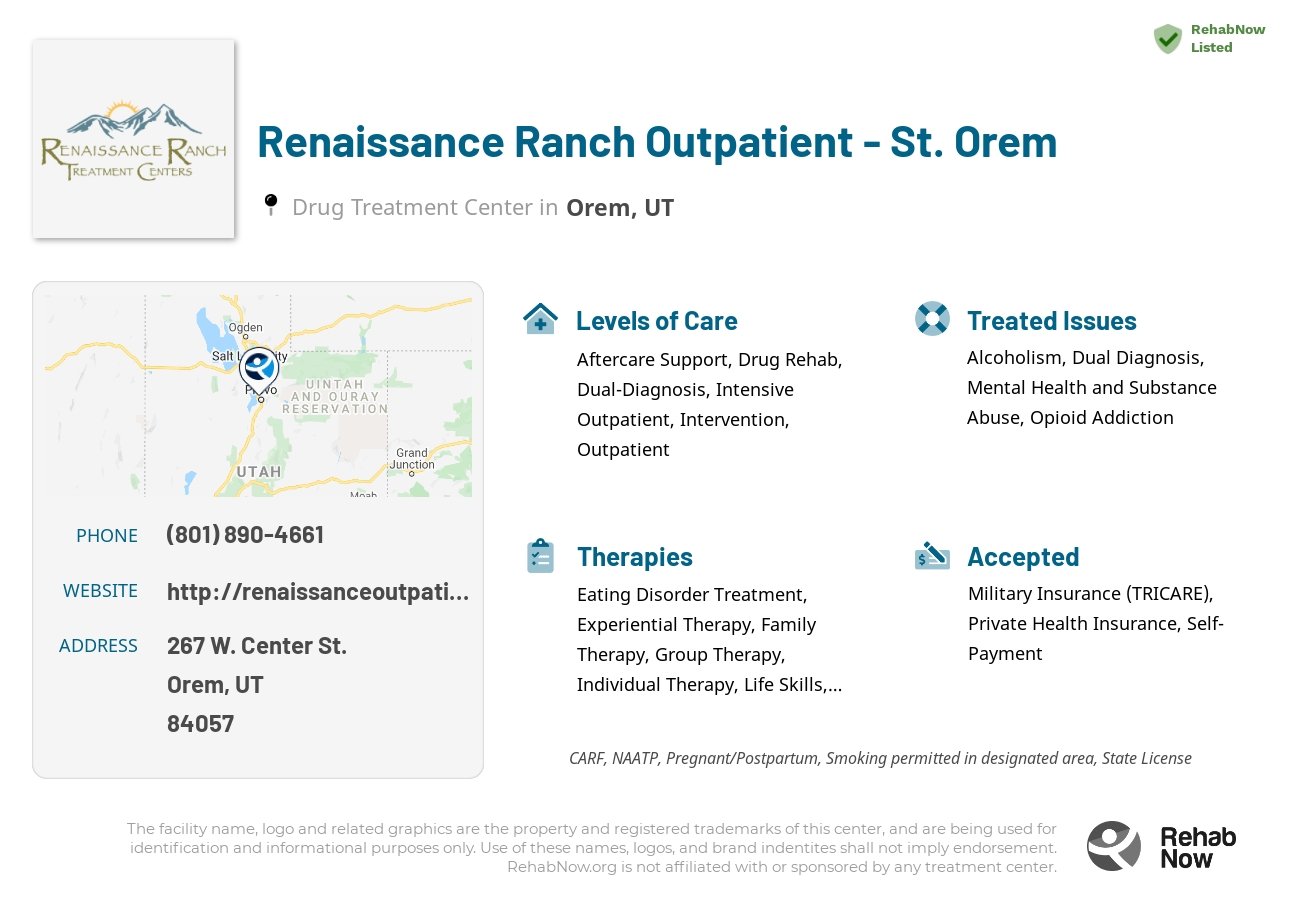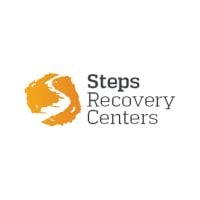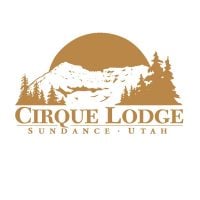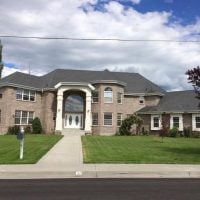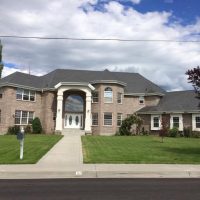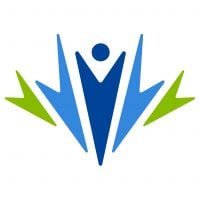Renaissance Ranch Outpatient - St. Orem
Drug Rehab Center in Orem, Utah
Renaissance Ranch Outpatient - St. Orem is a substance abuse treatment facility in Utah that offers personalized, evidence-based care and comprehensive relapse prevention programming to help those suffering from addiction achieve long-term sobriety.
About Renaissance Ranch Outpatient - St. Orem in Utah
Renaissance Ranch Outpatient - St. Orem is a substance abuse treatment facility located in Orem, Utah that specializes in providing personalized care to those suffering from addiction and substance abuse. They believe in an effective, holistic approach to patient care, offering evidence-based treatment services such as individual therapy, group therapy, and family therapy. Their highly trained and certified staff is dedicated to providing a safe and supportive environment for every individual to achieve their recovery goals.
At Renaissance Ranch Outpatient - St. Orem, they understand addiction is a complex disease, so they offer a range of services designed to meet each patient's unique needs. They utilize a variety of evidence-based modalities such as Cognitive Behavioral Therapy, Dialectical Behavioral Therapy, and Trauma Informed Therapy to help patients develop skills to cope with their addiction and any underlying mental health issues that may be contributing to their addiction. In addition, they offer comprehensive relapse prevention programming to provide patients with the resources and support needed to maintain long-term sobriety.
Renaissance Ranch Outpatient - St. Orem holds multiple accreditations and certifications, including the Commission on Accreditation of Rehabilitation Facilities and the National Association of Addiction Treatment Providers. They are also licensed by the Utah Department of Substance Abuse and Mental Health and have been recognized for their commitment to excellence in patient care by the U.S. Substance Abuse and Mental Health Services Administration.
Genders
Ages
Modality
Additional
Conditions and Issues Treated
Opioid addiction starts when a person becomes addicted to legal or illegal opioids. The addiction can happen quickly, in just a matter of days. Opioid withdrawal can be extremely uncomfortable and lead the user to continue to use even if they want to quit. Stopping using an opioid requires medical observation. Sometimes inpatient treatment with a medically supervised detox is necessary for managing the withdrawal process while learning lasting tools for maintaining recovery. Medications may be used in some cases of opioid addiction.
Opioid addiction is one of Utah‘s most prominent forms of addiction. It’s treated by detoxifying the body so that the chemicals from the medications no longer impact them and by therapies to correct behavior and target the root of the problem.
Recovery is not simply about stopping drug use. Recovery is working with addiction while recovering mental health issues that are fueling the addiction in the first place.
Levels of Care Offered
This center offers a variety of custom treatment tailored to individual recovery. Currently available are Aftercare Support, Drug Rehab, Dual-Diagnosis, Intensive Outpatient, Intervention, Outpatient, with additional therapies available as listed below.
Addicts who need help with their addiction can enroll in an intensive outpatient program (IOP). But the patient won’t live there during treatment.
IOP involves patients visiting a medical office building regularly for therapy and other services while continuing to live their lives.
IOP is a step up from drug or alcohol detox, but it’s still a phase of recovery, not the end goal. Patients in need of IOP have many options for rehab and treatment.
Outpatient treatment is considered the lower intensity level of addiction treatment. It’s ideal for early phase addiction or lower intensity addictions. It may include weekly sessions instead of daily. It may include weekly sessions instead of daily. Peer group support, 12-step programs, and individual counseling may still be involved but at a lesser frequency than an intensive outpatient program. It is a good choice for someone who doesn’t need to go through a medically supervised detox and who has a supportive home environment. It requires motivation and dedication to commit to the program without constant monitoring.
Not everyone dealing with addiction is prepared to engage in a recovery program. Renaissance Ranch Outpatient - St. Orem‘s Intervention Programs can be beneficial for these individuals. The individual’s friends and family will call and set up an intervention in or near Orem, UT, and at which a specialist will come and lead the discussion.
Aftercare support should take place after outpatient treatment has ended. There are a few different types of aftercare support that patients can seek. These include 12 Step, Self-help groups (AA, NA), Therapeutic communities, Long-term, structured sober living arrangements, and Halfway houses (residential treatment centers).
Therapies & Programs
Individual therapy involves one-on-one sessions between the patient and therapist. It provides patients with a safe environment to openly discuss personal and sensitive issues with the therapist. They find the therapist as someone they can trust. Individual therapy aims to identify the core issues that would have led the patient to substance abuse and address them effectively. The therapist can develop patient-specific customized solutions through individual therapy, which aids speedier recovery.
Family therapy is a group problem-solving that aims to improve communication and relationships between the addict, their family, and sometimes friends. The main goal of family therapy for drug addiction is to create an environment where communication can occur without judgment, hostility, or blame. The therapist is with the family as they learn to communicate differently, especially with the addict when s/he is using. The family can learn to reduce their enabling behavior or rally together and support each other during tough times.
An addict’s family can play a vital part in helping them to avoid relapse because they can spot the warning signs and help them get back on track before it becomes too much of a problem. Family therapy is one of the most effective ways to help addicts stay on the path to long-term sobriety. When a drug addict decides that they want to try and get sober, it takes the support of every person they love to succeed. It can be incredibly difficult for loved ones to watch an addict go through the pain and suffering of withdrawal, but by being there with them and supporting them, they can help to make sure that the addiction never returns.
Groups typically involve meetings with other recovering addicts who can relate to one another’s experiences. They might meet in person or online and typically focus on the process of staying sober rather than overcoming a specific addiction.
In these groups managed by Renaissance Ranch Outpatient - St. Orem, addicts can build a sense of community and develop strong emotional connections with others who understand what they are going through. These beneficial relationships can help addicts overcome their cravings and prevent relapse at any point during the recovery process.
In general, trauma therapy is a clinical process that helps individuals deal with mental stress often caused by traumatic events. The therapist helps the person identify, understand, and work through the problem. This is done with the help of talking about it in group or one-on-one counseling sessions. Therapists use relaxation, role-playing, art, and music to help the person open up about what is bothering them.
There are many different types of trauma therapists, such as psychiatric nurses and counselors. Not everyone is a good candidate for this type of therapy; it is generally reserved for people who have recently experienced a traumatic event and struggle to get over it. It is often done for children, teenage victims of sexual assault, and war veterans.
There is hope for people who are addicted to drugs and alcohol. Cognitive Behavioral Therapy (CBT) is the solution. CBT focuses on the underlying thoughts and behaviors that caused the addiction problem in the first place and may cause a relapse. This type of psychotherapy addresses negative feelings common in substance abuse disorders. It helps to change them by restructuring thought patterns. It’s about removing negative thoughts and providing long-term benefits while promoting self-awareness, self-control, and healthy ways to respond to negative thoughts. These sessions can be done by themselves or as part of combination therapy.
Since addiction is a chronic physical and mental illness, addicts need to learn as many life skills as possible. Many drug treatment centers offer life skills activities as part of their addiction recovery programs. Examples include cooking classes, employment training, resume writing seminars, parenting classes, and computer training. Life skills activities help addicts find employment, take care of their families, and give back to the community.
Patient Experience
Experiential Therapy at Renaissance Ranch Outpatient - St. Orem
Experiential Therapy teaches people how to think differently about their lives and change their emotions by changing their behavior. This type of treatment is accomplished with various activities that may involve acting, props, arts and crafts, animal care, or other tools that may be effective.
This therapy aims for patients to release suppressed thoughts that cause bad feelings and drug addiction. Role-playing, arts and crafts, music, animal care, rock climbing, etc., are some of the activities used in this therapy. Gradually an individual will feel calmer and more loving which will change their perception positively. In addition to treating drug addiction, experiential therapy is beneficial for different behavioral and eating disorders.
Payment Options Accepted
For specific insurance or payment methods please contact us.
Is your insurance accepted?
Ask an expert, call (888) 674-0062
Renaissance Ranch Outpatient Associated Centers
Discover treatment facilities under the same provider.
- Renaissance Ranch Outpatient - 300 West in Sandy, UT
- Renaissance Ranch Outpatient - Farmington in Farmington, UT
- Renaissance Ranch Outpatient - Center Street in Sandy, UT
Learn More About Renaissance Ranch Outpatient Centers
Additional Details
Specifics, location, and helpful extra information.
Orem, Utah 84057 Phone Number(801) 890-4661 Meta DetailsUpdated November 25, 2023
Staff Verified
Renaissance Ranch Outpatient - St. Orem Patient Reviews
There are no reviews yet. Be the first one to write one.
Orem, Utah Addiction Information
More than 500 people in Utah die each year from the effects of drug abuse and/or addiction. Substance abuse rates in Utah have seen an upward trend for a variety of drugs. Opioids are involved in almost 70% of all drug-related deaths in the state, annually. In 2014, Utah officials created a Good Samaritan Law to protect drug users who report possible overdoses from being prosecuted themselves.
The drug addiction and abuse problem in Orem, UT, is growing at an alarming rate. The number of people addicted to drugs is constantly growing. In 2014, substance use disorders resulted in 76 deaths in Utah. In recent times, Orem's admissions to substance use treatment facilities increased by 53%, from 3,066 to 4,527. There are many types of drug rehab facilities, including detox facilities, long-term rehabs, and outpatient centers.
Treatment in Nearby Cities
- Virgin, UT (228.1 mi.)
- Hurricane, UT (232.3 mi.)
- South Jordan, UT (21.9 mi.)
- Loa, UT (131.1 mi.)
- Tremonton, UT (100.8 mi.)
Centers near Renaissance Ranch Outpatient - St. Orem
The facility name, logo and brand are the property and registered trademarks of Renaissance Ranch Outpatient - St. Orem, and are being used for identification and informational purposes only. Use of these names, logos and brands shall not imply endorsement. RehabNow.org is not affiliated with or sponsored by Renaissance Ranch Outpatient - St. Orem.


